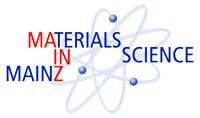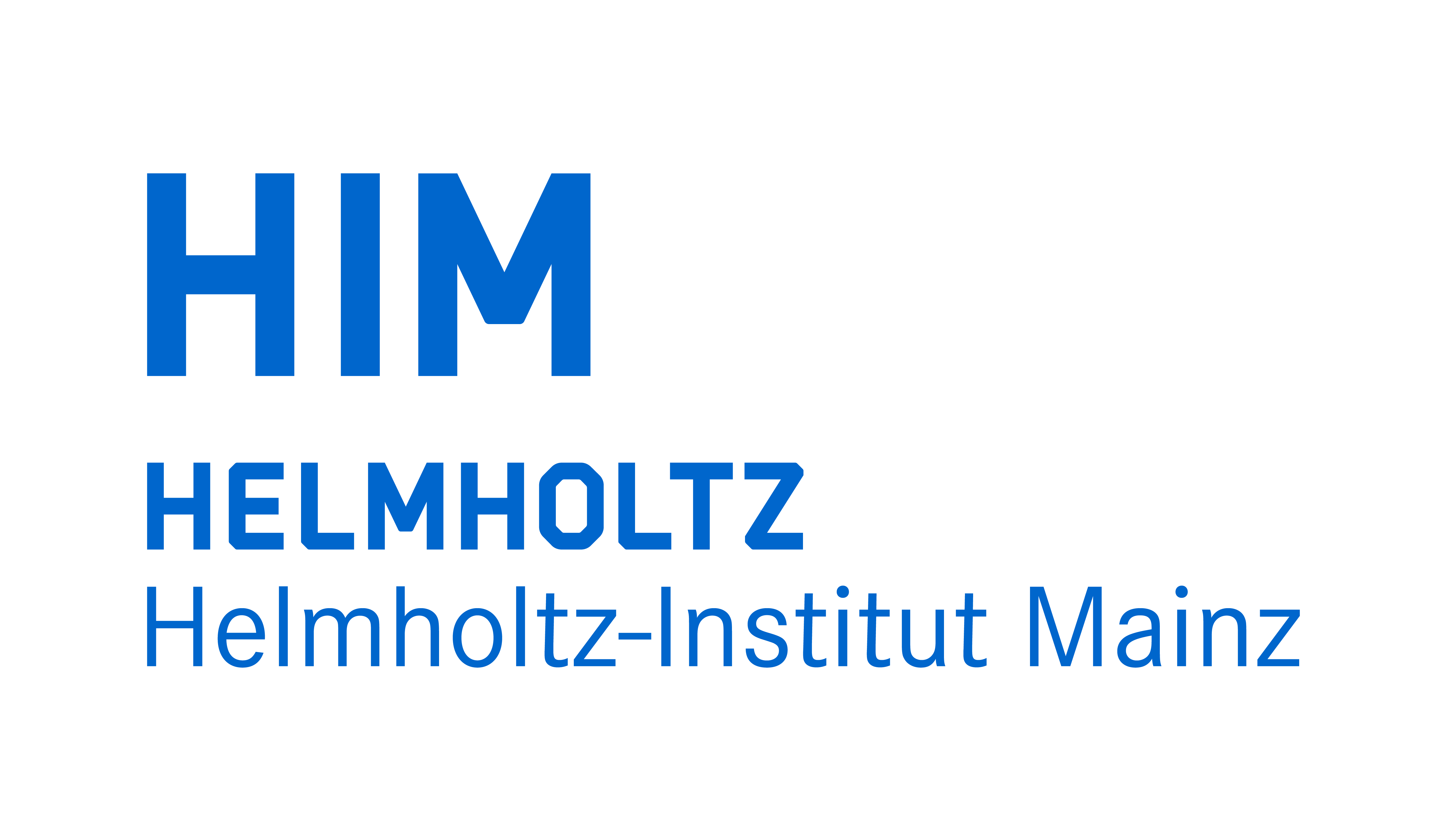


Physikalisches Kolloquium
May 21, 2024 at
4:15 p.m.
in
HS KPH
Prof. Dr. Alfons Weber
Institut für Physik
a.weber@uni-mainz.de
Prof. Dr. Hartmut Wittig
Institut für Kernphysik
hartmut.wittig@uni-mainz.de
Polymer Physics by Quantum Computing
Prof. Dr. Cristian Micheletti (SISSA, Trieste, Italy)
Sampling equilibrium ensembles of dense polymer mixtures is a paradigmatically hard problem in computational physics, even in lattice-based models. For instance, using real-space Monte Carlo to sample polymer systems becomes impractical for increasing size, rigidity, and density of the chains. In response to these challenges, we introduce and apply a formalism to recast polymer sampling as a quadratic unconstrained binary optimization (QUBO) problem [1].
Thanks to this mapping, dense systems of stiff polymers on a lattice can be efficiently sampled with classical QUBO solvers, resulting in more favourable performance scaling compared to real-space Monte Carlo [2]. Tackling the same problems with the D-Wave quantum annealer leads to further performance improvements [2]. As an application, we discuss the use of the quantum-inspired encoding on a hitherto untackled problem, namely the linking probability of equilibrated melts of ring polymers, for which we unveil counterintuitive topological effects.
References
[1] C.Micheletti, P. Hauke and P. Faccioli, "Polymer physics by quantum computing", Phys. Rev. Lett. 127, 080501 (2021)
[2] F. Slongo, P. Hauke, P. Faccioli and C. Micheletti "Quantum-inspired encoding enhances stochastic sampling of soft matter systems", Sci. Adv. 9, art. no adi0204 (2023)
Attachment